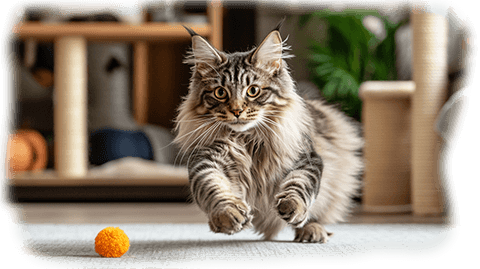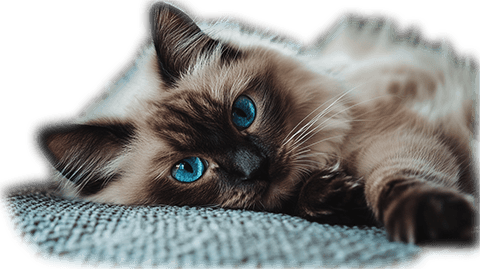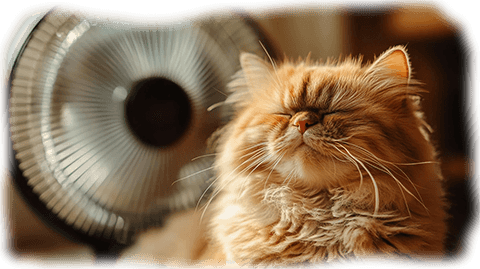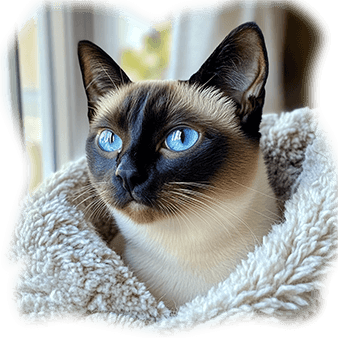Bengal Cats Health: A Comprehensive Guide
Bengal cats are known for their striking, wild appearance and energetic personalities, but like all breeds, they come with specific health needs that owners should be aware of. Keeping your Bengal cat healthy requires a combination of regular veterinary care, a balanced diet, and an understanding of breed-specific health concerns. In this guide, we’ll cover the most common health issues in Bengal cats, along with tips for preventive care to ensure your Bengal thrives.
Common Health Issues in Bengal Cats
Hypertrophic Cardiomyopathy (HCM)
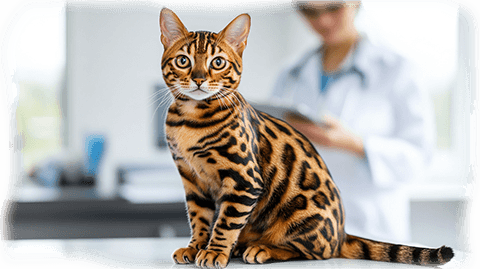
Hypertrophic cardiomyopathy is a common heart disease in Bengal cats, where the walls of the heart become thickened, making it difficult for the heart to pump blood efficiently. This condition is often inherited and can develop at any age.
Symptoms:
- Rapid breathing or difficulty breathing
- Lethargy or reduced activity
- Sudden collapse or fainting
Tips for Prevention:
- Regular heart screenings – Ask your vet about echocardiograms to detect heart abnormalities early.
- Monitor your cat’s activity levels – If your Bengal shows signs of fatigue or breathing difficulties, consult your vet immediately.
Feline Infectious Peritonitis (FIP)
FIP is caused by a mutation of the feline coronavirus. While most cats carry the benign form of the virus, it can mutate in some cats, leading to this often-fatal disease. Bengal cats appear to be more susceptible to FIP than other breeds.
Symptoms:
- Lethargy and lack of appetite
- Fluid buildup in the abdomen or chest
- Weight loss or fever
Tips for Prevention:
- Keep your Bengal cat indoors to minimize exposure to other cats, especially if they carry the virus.
- Monitor for any signs of illness – Early detection is crucial for managing FIP symptoms.
Progressive Retinal Atrophy (PRA)
Progressive retinal atrophy is an inherited condition in which the retina degenerates, leading to partial or complete blindness over time. While it’s not common, some Bengal cats may carry the genes responsible for PRA.
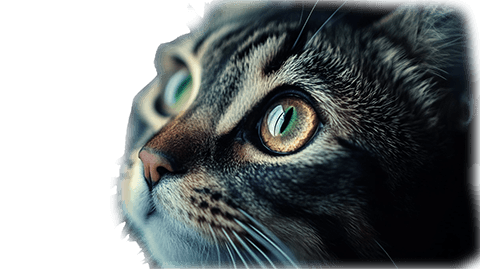
Symptoms:
- Night blindness or difficulty seeing in dim light
- Reluctance to move in low light or unfamiliar environments
- Enlarged pupils
Tips for Prevention:
- Genetic testing – If you’re adopting a Bengal kitten, ask the breeder about genetic testing for PRA.
- Monitor your Bengal’s vision – Consult a vet if you notice any signs of visual impairment.
Gastrointestinal Issues
Bengals are known to have sensitive digestive systems, making them prone to gastrointestinal (GI) issues such as diarrhea, vomiting, or inflammatory bowel disease (IBD).
Symptoms:
- Frequent diarrhea or vomiting
- Weight loss or reduced appetite
- Lethargy
Tips for Prevention:
- Feed a high-quality diet – Choose cat food that is high in protein and grain-free to avoid upsetting your Bengal’s stomach.
- Avoid frequent changes in diet – Sudden changes in food can lead to digestive issues.
- Provide probiotics – Ask your vet about introducing probiotics to improve gut health. (Amazon affiliate link)
Preventive Health Care for Bengal Cats
Maintaining your Bengal’s health requires regular vet visits, preventive care, and attention to any signs of illness. Here are some essential preventive measures:
Regular Veterinary Check-ups
- Annual or bi-annual vet visits (Amazon affiliate link) are crucial for early detection of health problems, especially heart conditions like HCM.
- Ensure your Bengal receives routine vaccinations to prevent common feline diseases.
Dental Care
- Bengal cats are prone to dental issues like gingivitis and tooth decay. Brush your Bengal’s teeth regularly and provide dental treats (Amazon affiliate link) or toys.
- Schedule yearly dental cleanings with your vet to prevent tartar buildup and other oral health issues.
Weight Management
- Obesity is a growing problem among indoor cats, and Bengals are no exception. Monitor your cat’s weight and provide a balanced, species-appropriate diet.
- Encourage regular exercise – Bengals are highly active cats and require plenty of physical stimulation (Amazon affiliate link) to stay fit.
Parasite Prevention
- Keep your Bengal cat on a flea, tick, and heartworm prevention program, especially if they spend time outdoors.
- Check regularly for signs of parasites, such as excessive scratching or visible flea dirt.
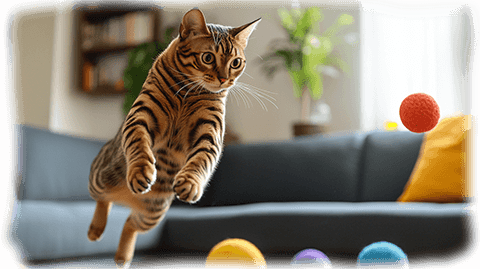
Diet and Nutrition for Bengal Cats
Bengal cats are active, muscular, and energetic, which means they require a high-protein diet to support their activity levels and overall health. Here are some tips for maintaining a healthy diet:
- High-Protein Diet – Choose a high-quality, grain-free cat food (Amazon affiliate link) that contains real meat as the first ingredient. Bengals thrive on protein-rich diets that mimic their ancestral wild diet.
- Wet Food vs. Dry Food – Consider incorporating wet food into your Bengal’s diet to maintain hydration and prevent urinary tract issues.
- Avoid Fillers – Steer clear of cat foods that contain corn, wheat, or soy, as these fillers can contribute to digestive problems and allergies.
When to Visit the Vet
As a Bengal cat owner, it’s important to recognize the signs that your pet may need veterinary attention. Here are some symptoms to watch for:
- Lethargy or lack of energy
- Loss of appetite or sudden weight changes
- Vomiting or diarrhea
- Difficulty breathing or rapid breathing
- Lumps, swelling, or unusual skin irritations
- Behavioral changes such as hiding or aggression
Always consult your vet if you notice any of these signs or if you have concerns about your Bengal’s health. Early detection and treatment are key to managing many health issues.
Conclusion
Bengal cats are generally healthy, but they do have some breed-specific health concerns that owners should watch out for. By staying informed and proactive about their care, you can ensure that your Bengal cat lives a long, healthy, and happy life. Regular vet visits, proper diet, and early detection of health issues will go a long way in keeping your Bengal in top condition.
Further reading: “The Complete Guide to Bengal Cats: Training, Nutrition, Health Care, Mental Stimulation, Socialization, Grooming, and Loving Your New Bengal Cat” (Amazon affiliate link) by Tarah Schwartz.
Affiliate Disclosure
This post may contain affiliate links, which means I earn from purchases made through links. Please see the privacy policy page for more details.

